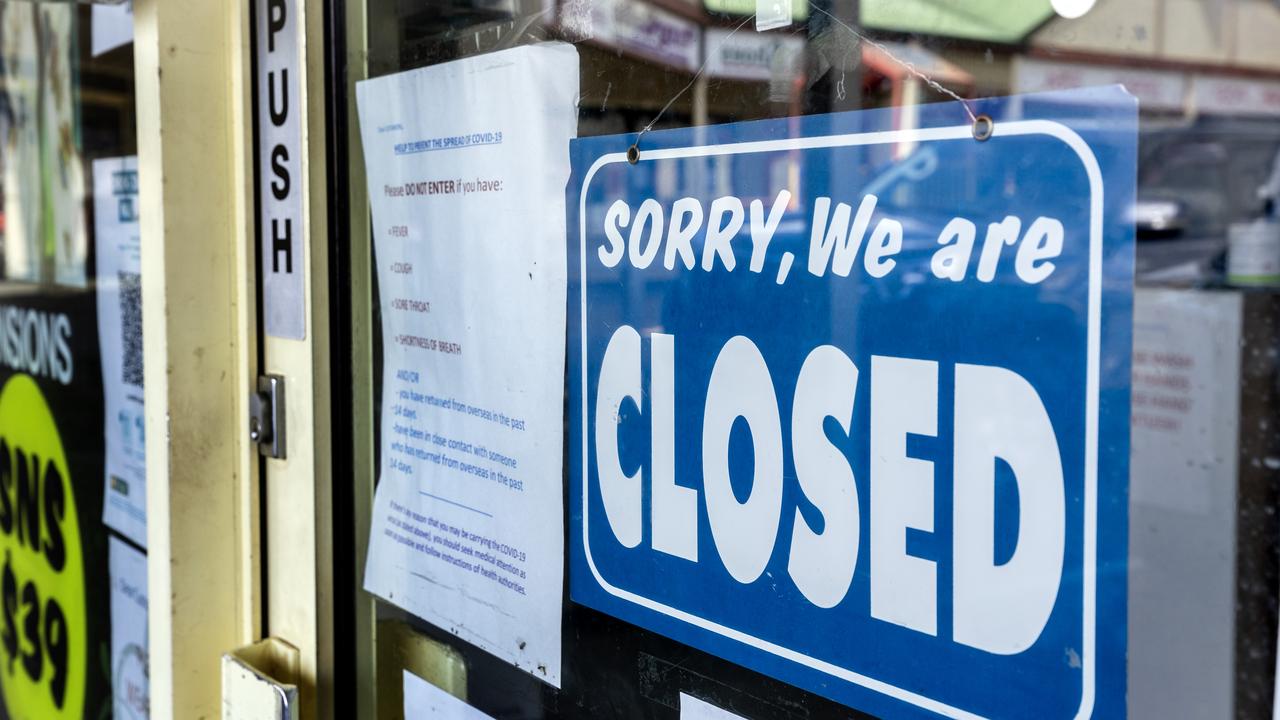Big questions your superannuation statement will answer
Annual superannuation statements are coming out, and checking yours now can help deliver big bucks in retirement. Here's how.

Opinion
Don't miss out on the headlines from Opinion. Followed categories will be added to My News.
Super fund statements are hitting inboxes and letterboxes everywhere, and for many people offer a handy insight into whether they are likely to be sipping champagne or cordial in retirement.
The nation’s biggest superannuation fund, AustralianSuper, is sending out its annual statements from October 4, while many funds have already moved.
Rather than put your statement in email junk or rubbish bin junk, take a few minutes to read it to potentially earn or save tens of thousands of extra dollars.
Here are five questions your statement will help answer.
How much should it grow?
The big number on your statement is your balance as of June 2023.
With this you can use tools to forecast what it could be by retirement, simply by punching in your income and a few other details.
Some super funds include retirement projections on their statements or websites to make it easier and let you know whether you need to knuckle down.
Other funds direct people to their own in-house calculators, or external ones such as Moneysmart.gov.au’s superannuation calculator, which takes just three minutes to complete.
Remember that your final balance can potentially be combined with a full or part age pension to deliver enough income for a comfortable retirement.
The superguru.com.au website has a retirement tracker tool showing how your income and pension can work together, and also a super balance detective tool that says what your balance should be today to retire comfortably.
What investments do you own?
Superannuation is your money – just like cash in the bank or a share portfolio. The only real differences are that the law stops you from raiding it before retirement or semi-retirement, and there’s less tax.

Your statement tells you what investment option your money sits in, or a mix of options. Default options are usually balanced funds, but advisers often recommend that people in their 20s, 30s and 40s stick with higher-growth options while those closer to retirement dial down the risk.
Australian Retirement Trust Manager of Strategic Education Josh van Gestel says it is important to know how you are invested and how it is performing. “If you need help, it’s a great chance to seek guidance or advice – often provided by funds at no cost,” he says.
Is your employer ripping you off?
Transactions for 2022-23 will be detailed on your statement, enabling you to check that your boss paid the compulsory 10.5 per cent of your wage, which rose to 11 per cent on July 1 this year.
Too many employers delay or don’t pay their workers’ super, which is illegal. They get away with it when super fund members don’t check.
Are fees frying your nest egg?
Mr van Gestel says check what fees you have been charged, and you can compare them against benchmarks and other funds using the ATO’s YourSuper tool.
Investment platform Stockspot says people should look for funds charging less than 1 per cent in fees. It says a super fund that charges 1 per cent less in fees than a similar fund can leave you $245,000 better off in retirement.
Do you waste money on insurance?
Underinsurance is a big problem in Australia and many people do not have enough life insurance to protect their family if disaster strikes.
However, others who ignore their super for years may find that they are over-insured, and don’t need the level of cover they have.
As we get older, our big debts drop, our assets rise and our children grow up – meaning less money is required in life insurance. And premiums increase as we get older, so you may be paying a lot more for something you no longer need.
Will your super start a family war?
Superannuation assets sit outside of a will, and unless people proactively make a binding death benefit nomination about where they want their super to go if they die, the trustee of the super fund – a complete stranger – gets to decide.
Check that the beneficiaries are binding and reflect your wishes.
More Coverage
Originally published as Big questions your superannuation statement will answer





